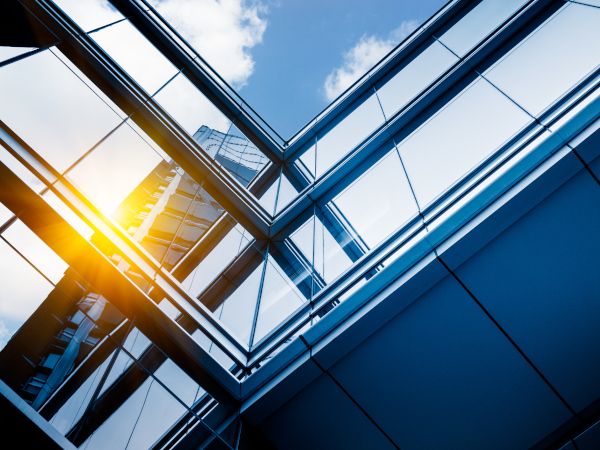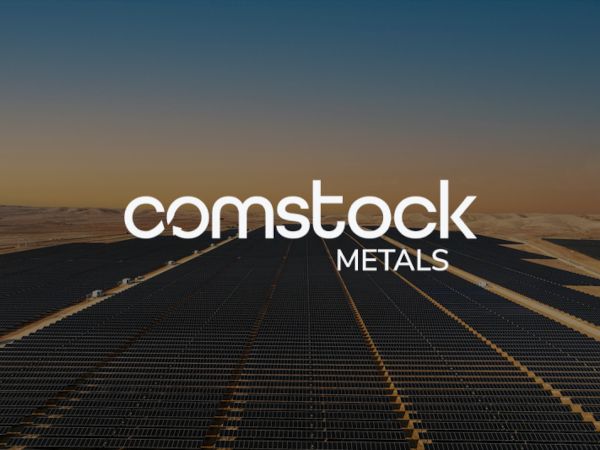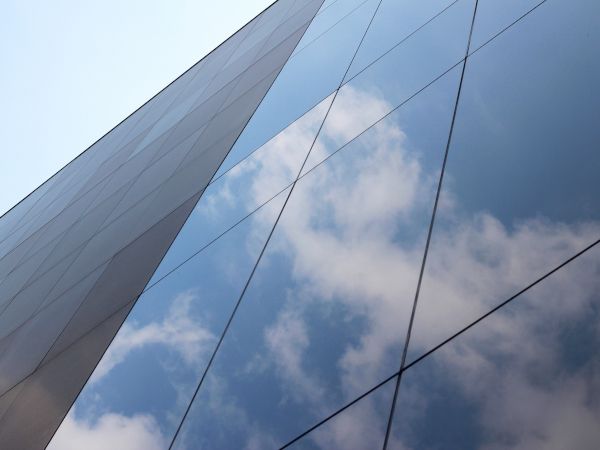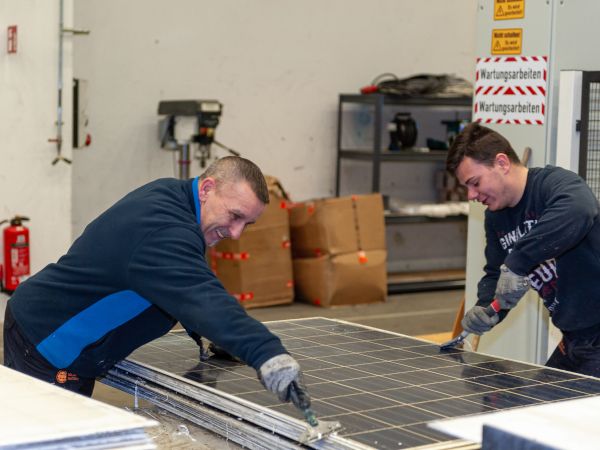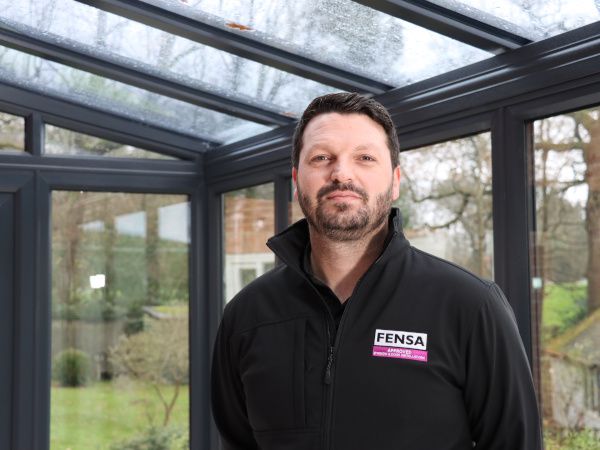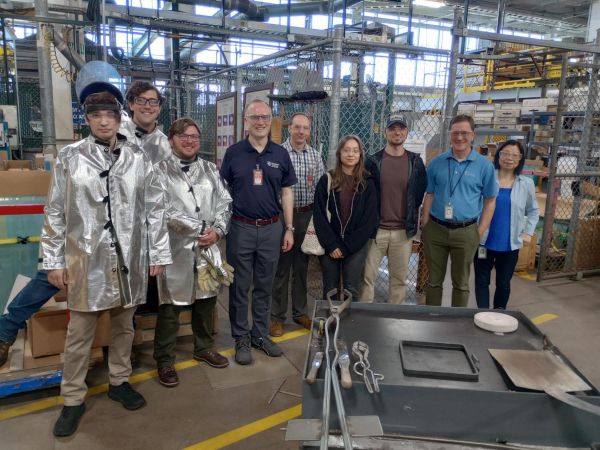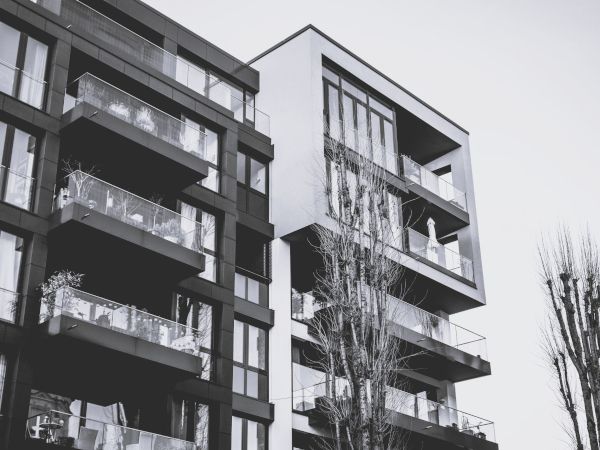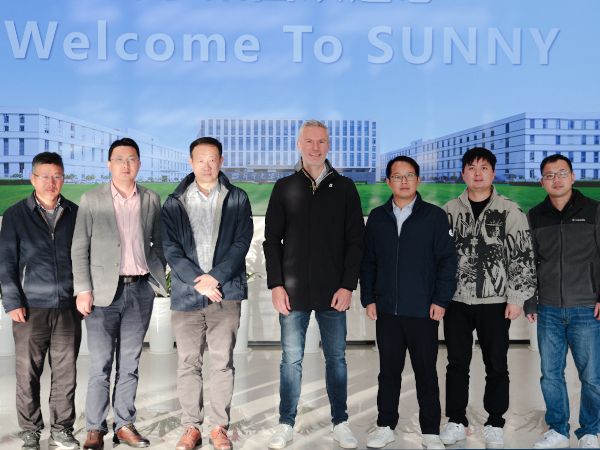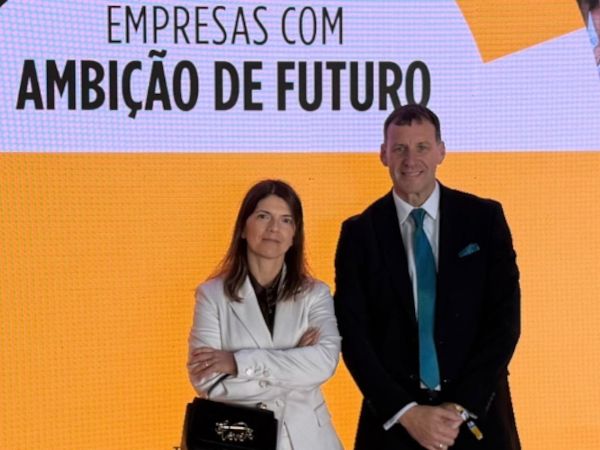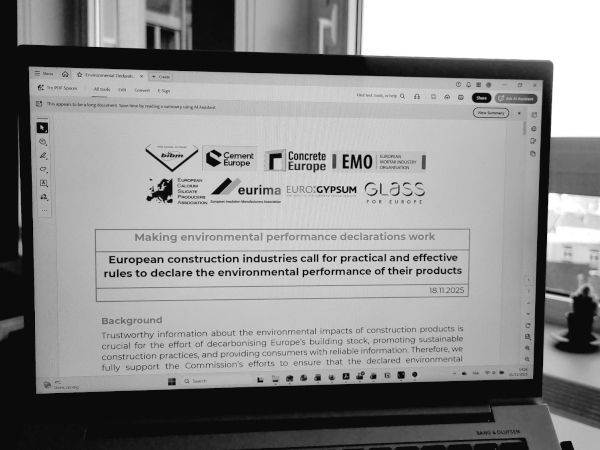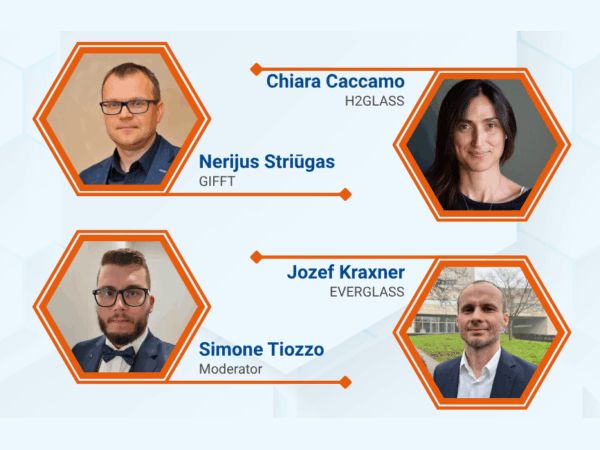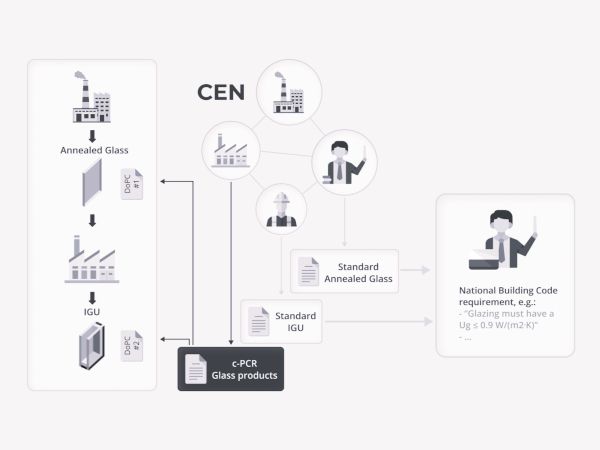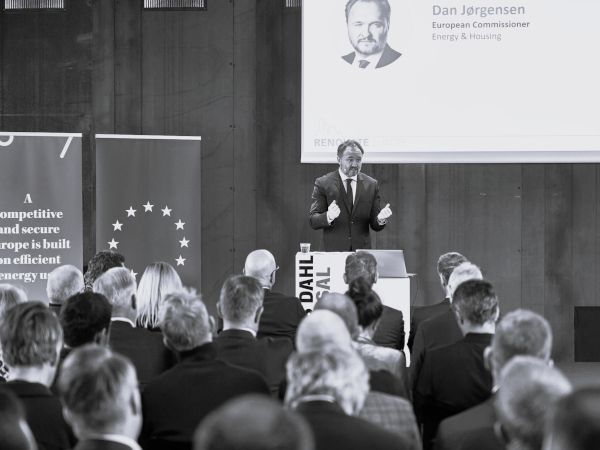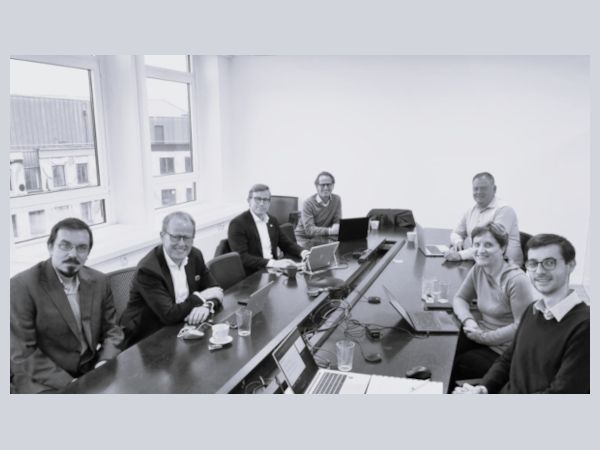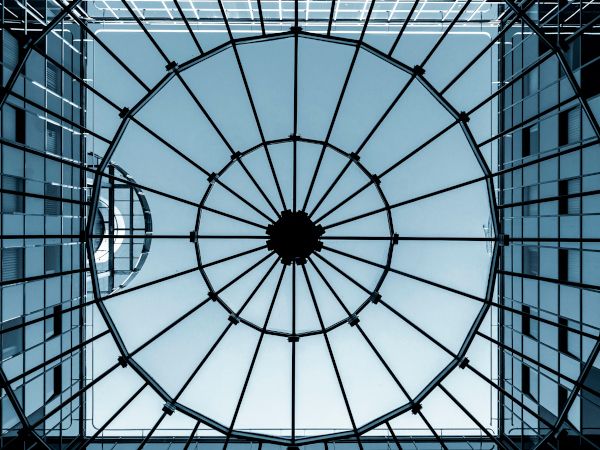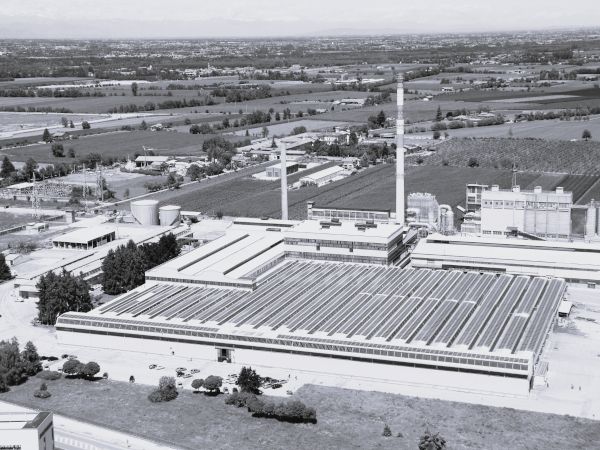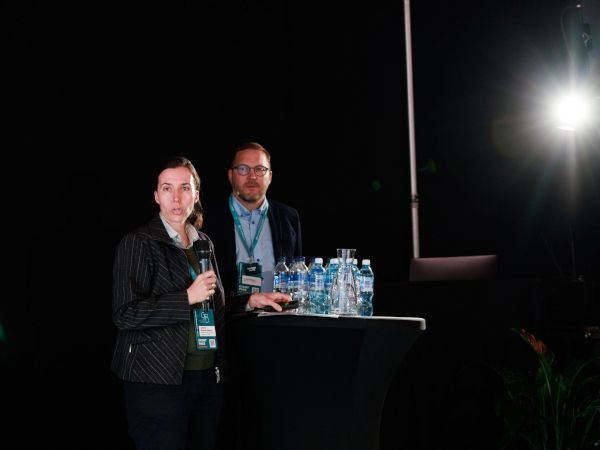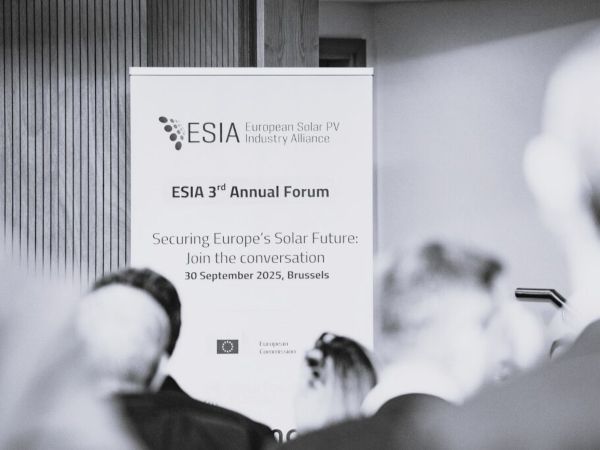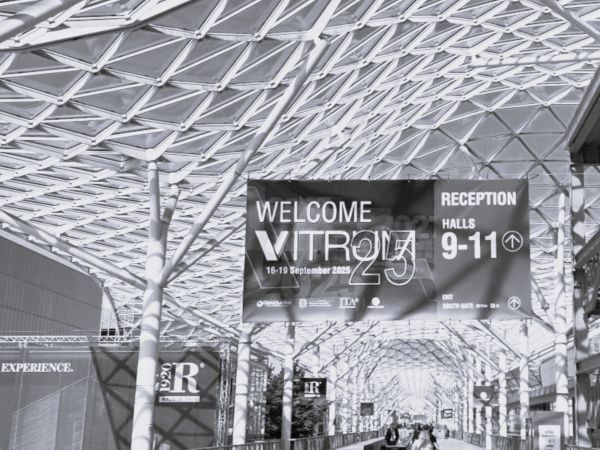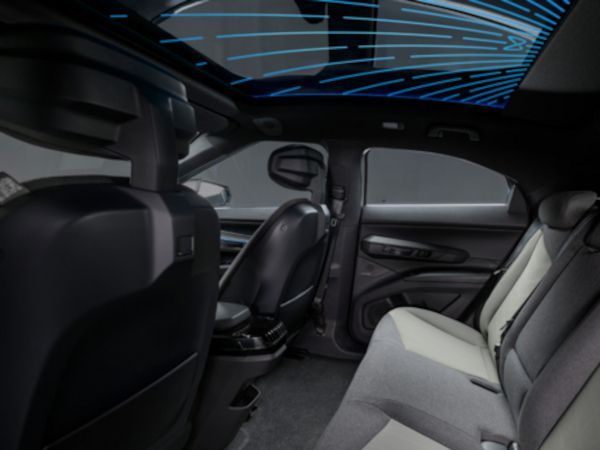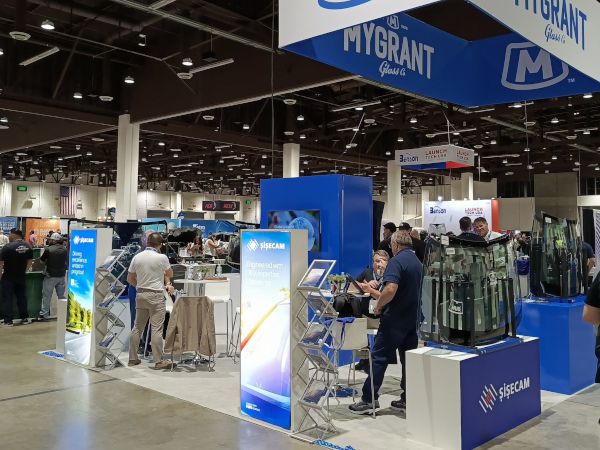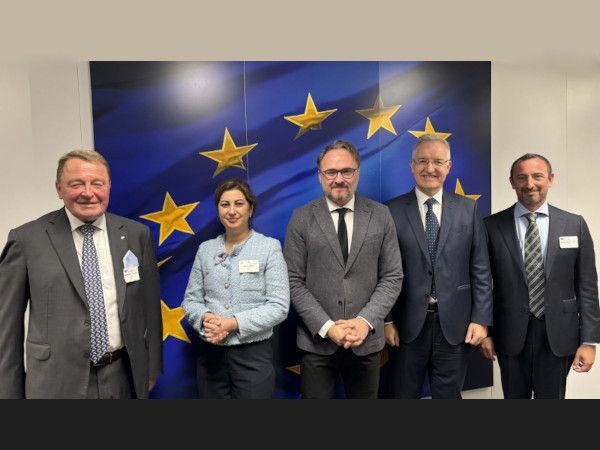Others also read
Glass for Europe has stepped into the spotlight to ensure that advanced glazing technologies are fully recognised as strategic materials in Europe’s upcoming Advanced Materials Act.
Comstock Metals strengthens its national recycling footprint with the launch of a new California facility dedicated to responsible end-of-life solar panel management.
As Europe accelerates its shift toward a circular economy, this joint position paper highlights why flat glass must move from a linear to a truly circular model in construction.
SOLAR MATERIALS has doubled its annual recycling capacity for solar modules to 14,000 tons.
FENSA has launched a new recycling scheme offering its registered installers a free route to managing window and door waste responsibly, as sustainability expectations continue to rise across the sector.
Vitro Architectural Glass has signed a multi-year research agreement to scale up LionGlass, a new, patent-pending glass technology invented at Penn State, for use in flat glass applications across architectural and automotive markets.
On 16 December, the European Commission has adopted its Housing Package with the first ever European Affordable Housing Plan.
Eastman and Sunny SmartLead Technologies partner to tackle transmitted double image in ADAS cameras.
Maltha Portugal, part of Renewi’s glass recycling operations, has earned the PME Excelência Award, one of Portugal’s highest business distinctions.
Glass for Europe calls for consistency in environmental declarations under the 2024 Construction Products Regulation.
The three EU-funded projects H2GLASS, EVERGLASS & GIFFT invite you to participate in our joint webinar about the decarbonisation of the glass industry.
This year’s GlassBuild America showcased not only industry innovation, but also a significant step forward in glass recycling leadership.
To support stakeholders during the transition to CPR 2024, Glass for Europe has launched a dedicated online resource.
On 3 November, the Renovate Europe campaign – which Glass for Europe contributes to – organised Renovate Europe Day in Copenhagen in presence of the European Commissioner for Energy & Housing, Dan Jørgensen.
CSPR earns NJDEP renewal for groundbreaking solar recycling permit—keeping panels out of landfills and fueling New Jersey’s clean energy future.
On 28 October, Glass for Europe held its annual meeting with the National Partners Group (NPG), representing national glass and glazing associations across manufacturing, processing, and shaping.
From 19 September to 17 October, the European Commission gathered stakeholders’ feedback on the next steps of the New European Bauhaus (NEB).
On 9 October, Glass for Europe contributed to two Calls for Evidence on the future ‘Electrification Action Plan’ and ‘Heating and Cooling Strategy’.
In automotive glazing, safety is never optional – but neither is durability. Windshields must withstand stone impacts, resist scratches and meet all regulatory safety standards.
The European Solar PV Industry Alliance (ESIA) held its third annual forum on 30 September, uniting industry leaders and policymakers to advance Europe’s solar manufacturing and strategic autonomy.
On 17 September, Bertrand Cazes, the Secretary General of Glass for Europe, attended Vitrum25, an event which brought together the international glass and glazing machinery community.
Kuraray’s Trosifol™ SkyViera™ interlayer has been chosen for the panoramic sunroofs of Mahindra’s new BE 6 and XEV 9e EVs, enhancing design and user experience.
From September 9–11, 2025, Şişecam products were presented to industry professionals at Auto Glass Week in Nevada, USA, at the booth of Mygrant Glass, the company’s long-standing distributor.
On 18 September, Glass for Europe, held a high-level meeting with European Commissioner for Energy and Housing, Dan Jørgensen.
Last week, the European Parliament voted in plenary on the report for the End-of-Life Vehicles Regulation (ELVR). The adopted text mirrors the compromise reached earlier this year in the Parliament’s committees.

